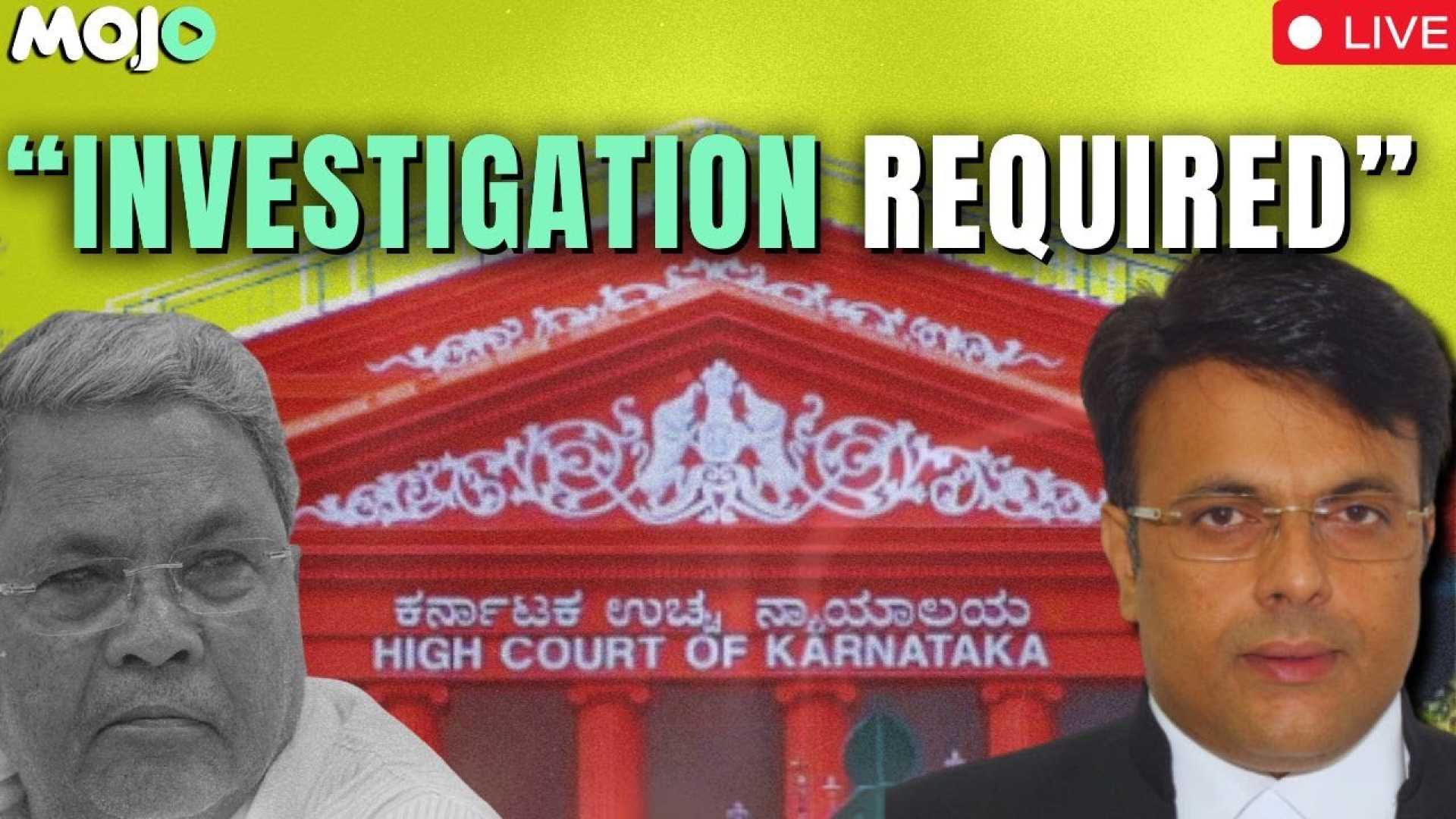News
Karnataka High Court Upholds Governor’s Sanction in MUDA Case Against CM Siddaramaiah

Karnataka Chief Minister Siddaramaiah addressed a press conference at his residence, ‘Krishna‘, following the Karnataka High Court‘s decision to dismiss his petition challenging Governor Thaawarchand Gehlot‘s approval of an investigation into alleged illegalities in the allotment of 14 Mysuru Urban Development Authority (MUDA) sites to his wife. The verdict was pronounced in Bengaluru on September 24, 2024.
The High Court upheld Governor Gehlot’s independent exercise of his power to authorize the investigation, with Justice M. Nagaprasanna stating, “No fault in the Governor’s action of granting permission for investigation independently exercising his power.” The court also vacated its earlier directive to a special court in Bengaluru to defer a decision on complaints against Mr. Siddaramaiah and denied his plea for a stay on the verdict to allow an appeal.
The case revolves around accusations of corruption stemming from the allocation of land by the MUDA during a period when the Bharatiya Janata Party (BJP) was the ruling party in Karnataka. The land allotment in question occurred in 2021, allegedly benefitting Chief Minister Siddaramaiah’s wife.
BJP leader and former Union Minister Rajeev Chandrasekhar called for Siddaramaiah’s resignation after the court’s decision, suggesting that he should not become “another Arvind Kejriwal” by remaining in office amid the allegations. Chandrasekhar further accused Siddaramaiah of continuing Congress’s tradition of enriching their own vaults under the guise of serving the poor.
The MUDA land scheme, which was implemented in 2020, involved a 50:50 site distribution mechanism intended to compensate landowners whose property was acquired for public projects. Allegations surfaced that CM Siddaramaiah’s wife’s allocation of 14 premium plots in Mysuru violated these regulations. The disputed plots were part of a 3.16-acre land, allegedly transferred to Siddaramaiah’s brother-in-law in 2005 and later to his wife in 2010.
The complaint filed by Abraham T.J. of Bengaluru and Snehamayi Krishna of Mysuru sought the Governor’s sanction for a probe into the potential favouritism and corruption in this case. The Karnataka High Court’s ruling enables an investigation to proceed, shedding light on these serious allegations of misconduct.












